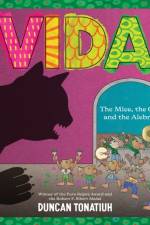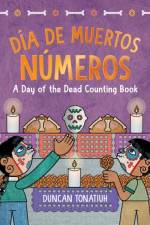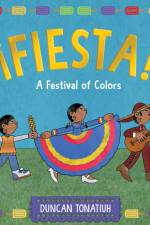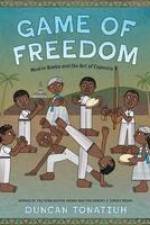av Duncan Tonatiuh
181
"A meia lua whooshed in the air. The strike was evaded and followed with an aâu. Two young men were playing capoeira in the middle of the roda. Bimba wanted to play, too. Although it is debated when and where capoeira-an art form that blends martial arts, dance, acrobatics, music, and spirituality-originated exactly, one thing is certain: in the early 20th century, Brazil was the only country in the world where capoeira was played, and it was mainly practiced by people of African descent. In 1890, two years after Brazil officially abolished slavery, the game was outlawed. Wealthy, lighter-skinned society feared and looked down on capoeira, seeing it as a game for "malandros"-what people in power called the poor Black communities who they disdained. But in the early 1920's in the city of Salvador, a man called Bimba would advocate for capoeira, and those who practiced it, to be treated with dignity and the respect it deserved. Duncan Tonatiuh's lyrical prose and beloved illustration style, inspired by pre-Columbian codices, tell the story of arguably the greatest capoeirista of all time, who fought to turn a misunderstood, persecuted Afro-Brazilian activity into a celebrated art practiced by millions around the world. In 2014, the United Nations Educational Scientific and Cultural Organization (UNESCO) named capoeira an Intangible Cultural Heritage of Humanity, a distinction awarded because of the game's promotion of social integration and memory it holds of the struggle against historical oppression. From an award-winning author-illustrator, Game of Freedom is a stirring celebration of solidarity and resistance through art"--





